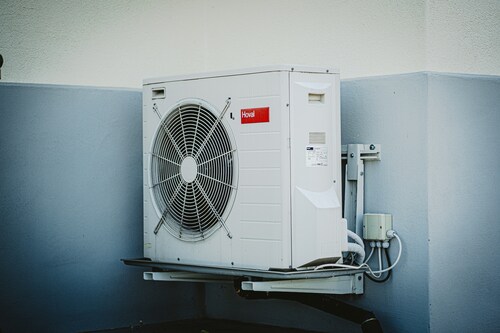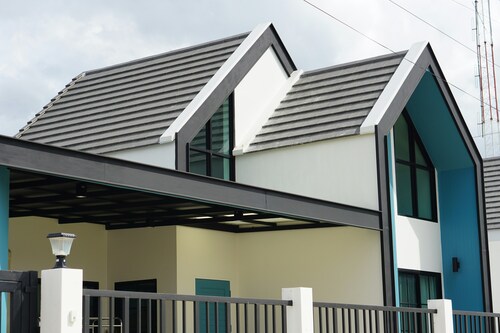As summer approaches, many homeowners are exploring options to stay cool and comfortable in the coming heat. One of the most critical decisions is choosing an energy-efficient AC system that can provide reliable cooling without breaking the bank.
With so many options in the market, knowing which is the right choice for your home can be overwhelming. That’s why we’ve put together this guide to help you with your decision-making process.
For reliable heating and cooling services in Spokane, WA, check out this company that offers expert advice and installation services customized to meet your requirements.
Why choose an energy-efficient AC system?
Before diving into how to choose an energy-efficient AC system, let’s first understand why it’s a better option compared to traditional systems. Energy-efficient AC systems are built to use less energy while still providing the same level of cooling as traditional systems. This translates to lower utility bills, making it a more cost-effective option in the long run. These systems are also better for the environment as they produce fewer emissions and reduce your carbon footprint.
Factors to consider when choosing an energy-efficient AC system
- Seasonal energy efficiency ratio (SEER)
When shopping for an energy-efficient AC system, one of the first things you should consider is its SEER rating. The SEER rating evaluates an air conditioning system’s efficiency by dividing the cooling output by the energy input over a typical cooling season. A higher SEER rating indicates greater system efficiency.
- Size and capacity
Choosing an AC system that is the right size and capacity for your home is essential. An undersized system will have difficulty cooling your space, while an oversized one will frequently cycle on and off, leading to inefficiency and greater wear and tear. An expert HVAC professional can help you select your home’s appropriate AC system size and capacity.
- Energy-saving features
Modern energy-efficient AC systems have various features designed to save energy without sacrificing comfort. These features include variable-speed compressors, two-stage cooling, smart thermostats, and zoning systems. Research the options and choose a system with features that best suit your needs.
- Maintenance requirements
Properly maintaining your AC system is crucial to ensuring maximum energy efficiency. Some systems may need more frequent maintenance than others, so it’s essential to factor in potential extra costs.
- Type of refrigerant
The type of refrigerant used in an AC system can also impact its efficiency. Older systems use R22 refrigerant, which has been discontinued due to its harmful environmental effects. Look for newer systems that use R410A refrigerant, which is environmentally friendly and more efficient.
Conclusion
Choosing an energy-efficient AC system is a wise choice that can reduce your utility costs and help protect the environment. When deciding, consider factors such as SEER rating, size and capacity, energy-saving features, maintenance requirements, and refrigerant type. And don’t forget to choose a reputable HVAC company for installation and ongoing maintenance to ensure your system operates at its highest efficiency.
With these tips in mind, you’ll be able to enjoy a cool and comfortable home all summer long without worrying about high energy costs.




